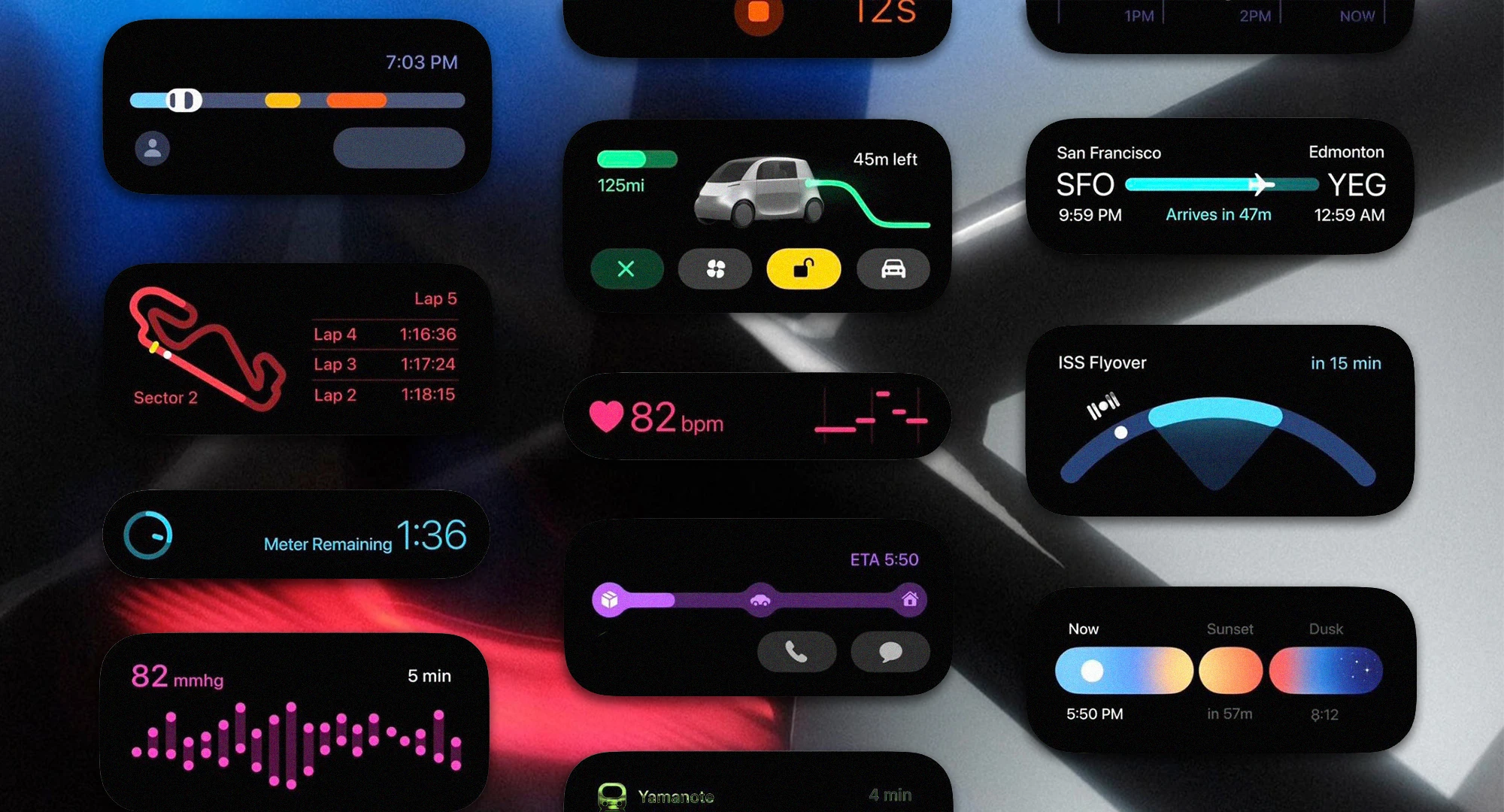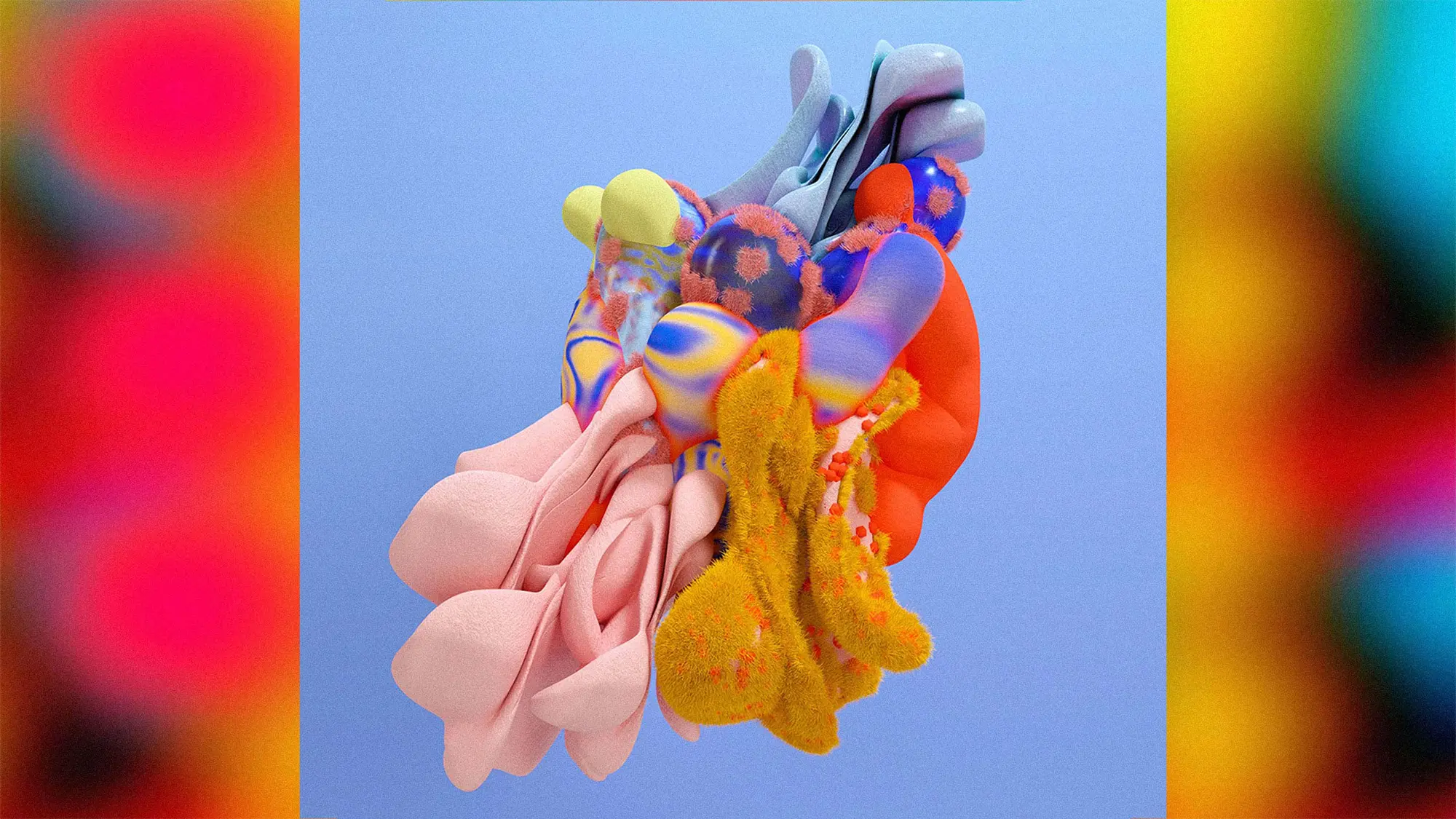
Top 10 Healthcare Customer Journey Mapping Consulting Firms to Work With - February 2026
Introduction
Patient journey mapping has become more sophisticated over the past year, evolving from isolated touchpoints to integrated, end-to-end experience strategies. As expectations rise across digital and in-person care, selecting the right healthcare experience design consultants in February 2026 has never been more critical.
While many healthcare organizations are building internal teams, working with experienced consultants offers specialized knowledge, helps overcome bandwidth limitations, and is often more cost-effective. In the sections ahead, we’ll reveal the top 10 healthcare experience design consultants shaping the future of patient-centered care.
Top 10 Healthcare Experience Design Consultants
1. G & Co.
G & Co. is a premier provider of end-to-end patient journey mapping services, specializing in the integration of AI-driven insights and omnichannel engagement strategies to transform the healthcare experience. Through advanced data analysis and behavioral intelligence, G & Co. enables healthcare organizations to design personalized patient journeys that span every stage of care—from initial awareness and diagnosis to treatment, follow-up, and long-term management. The firm’s approach emphasizes trust, empathy, and measurable outcomes, helping providers, payers, and health systems enhance patient satisfaction, improve health results, and strengthen engagement. By aligning digital innovation with patient-centric strategies, G & Co. delivers scalable solutions that optimize both clinical and operational performance across the healthcare continuum.
G & Co. is a minority business enterprise (MBE), as certified by the National Minority Supplier Development Council (NMSDC). If diversity inclusion is a part of your supplier process, contact us—we may be a great fit for your enterprise.

2. Geomedical Consulting
Geomedical Consulting specializes in healthcare patient journey mapping by auditing and designing experience maps for hospitals and clinics across Latin America and Europe to build personalized healthcare patient journeys grounded in empathy.
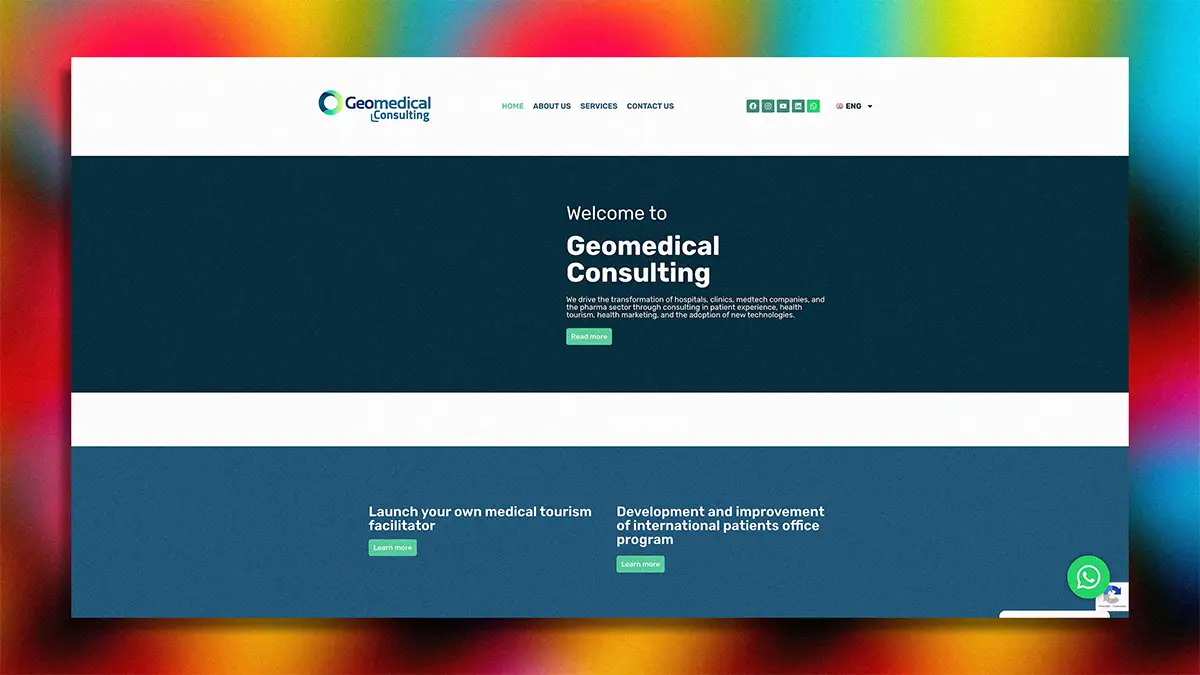
3. Ellis Jones (Australia)
Ellis Jones enhances healthcare customer journey through patient journey mapping healthcare methods, using tailored workshops for radiology clients to improve healthcare patient journey mapping and staff innovation.
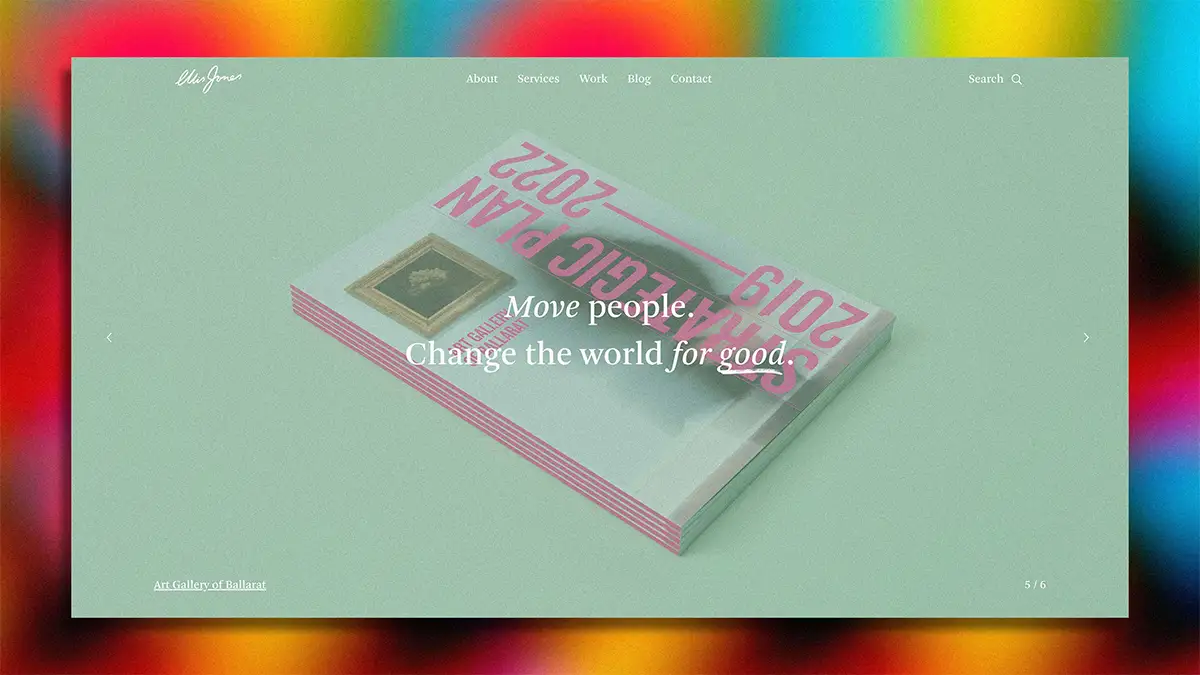
4. Vmarsh Healthcare
Vmarsh Healthcare offers healthcare patient journey mapping services that create holistic patient journey in healthcare solutions—from entry to discharge—while training teams to maintain continuity, measuring outcomes and improving care coordination.
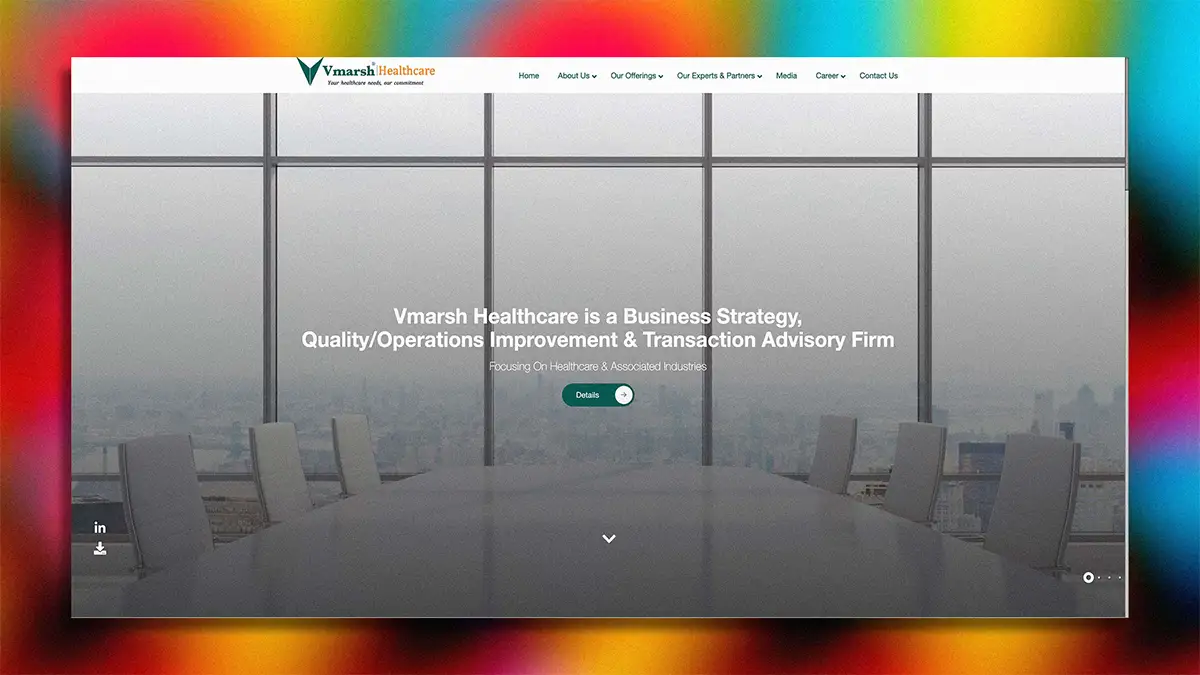
5. Frontend (Dublin)
Frontend applies customer journey mapping for healthcare by documenting patient journey in healthcare across therapy development, device design, and support programs, collaborating with pharma and med‑tech firms worldwide.
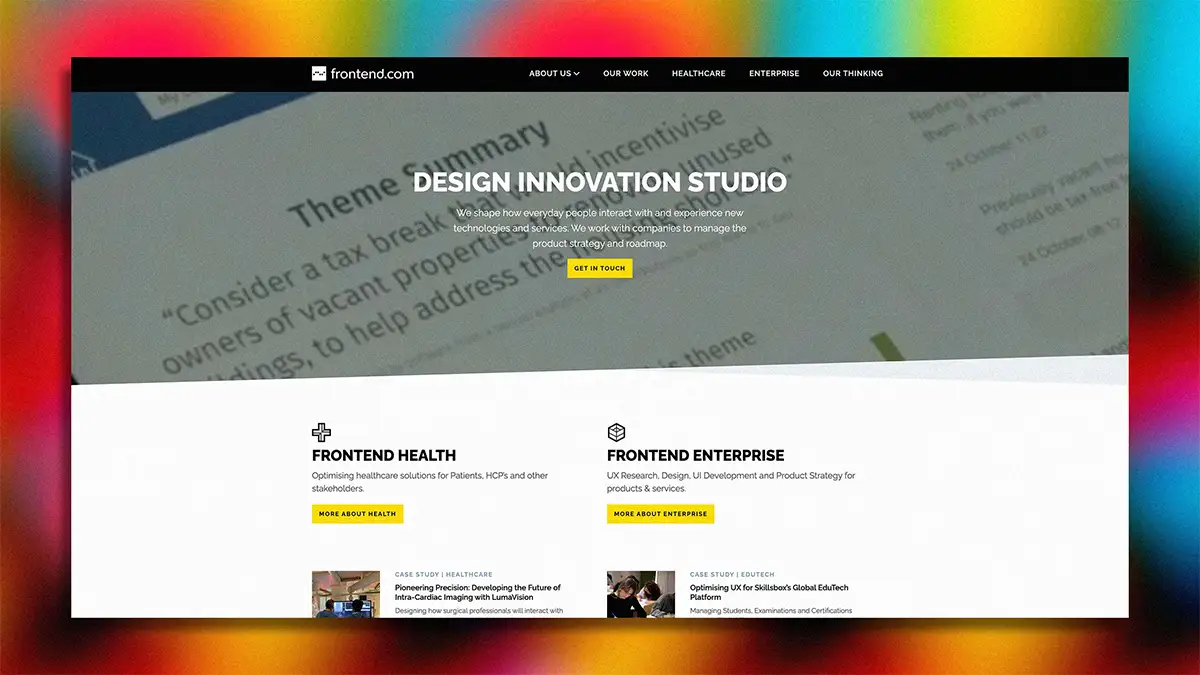
6. VIE Healthcare
VIE Healthcare conducts healthcare customer journey mapping using ethnographic techniques to uncover hidden care issues and design patient journey in healthcare improvements that boost hospital performance and satisfaction.
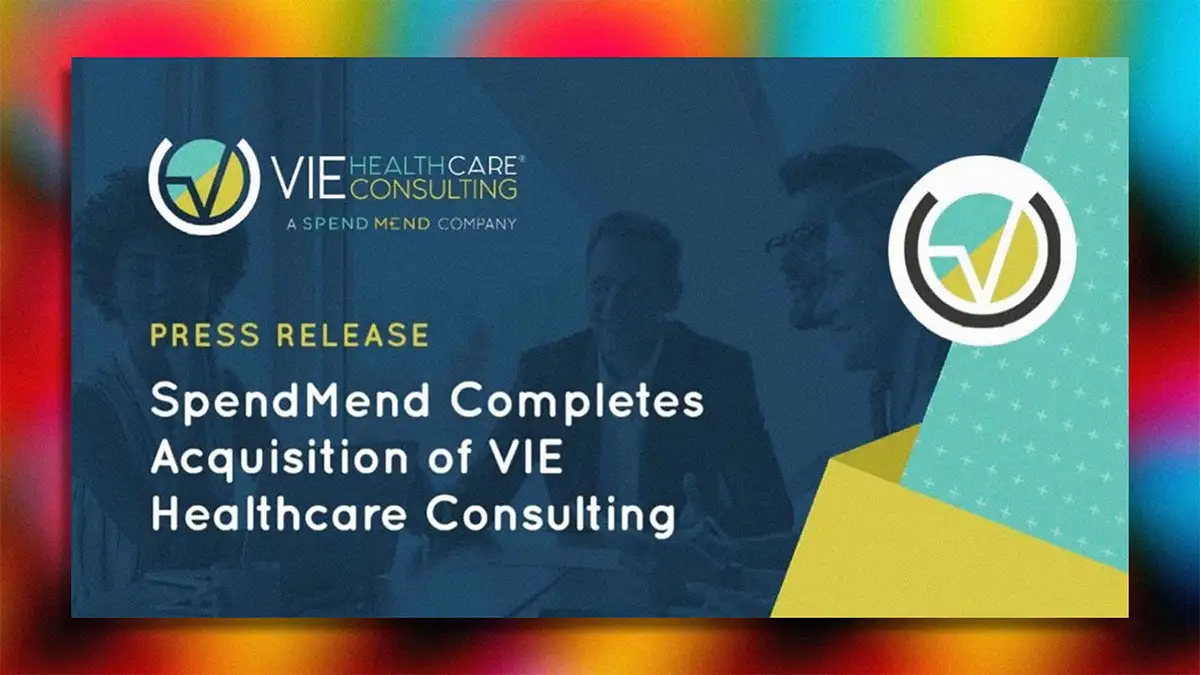
7. Wheelhouse DMG
Wheelhouse DMG supports customer journey mapping for healthcare through data‑driven UX services and patient journey in healthcare designs that turn analytics into optimized interfaces boosting engagement and conversion.
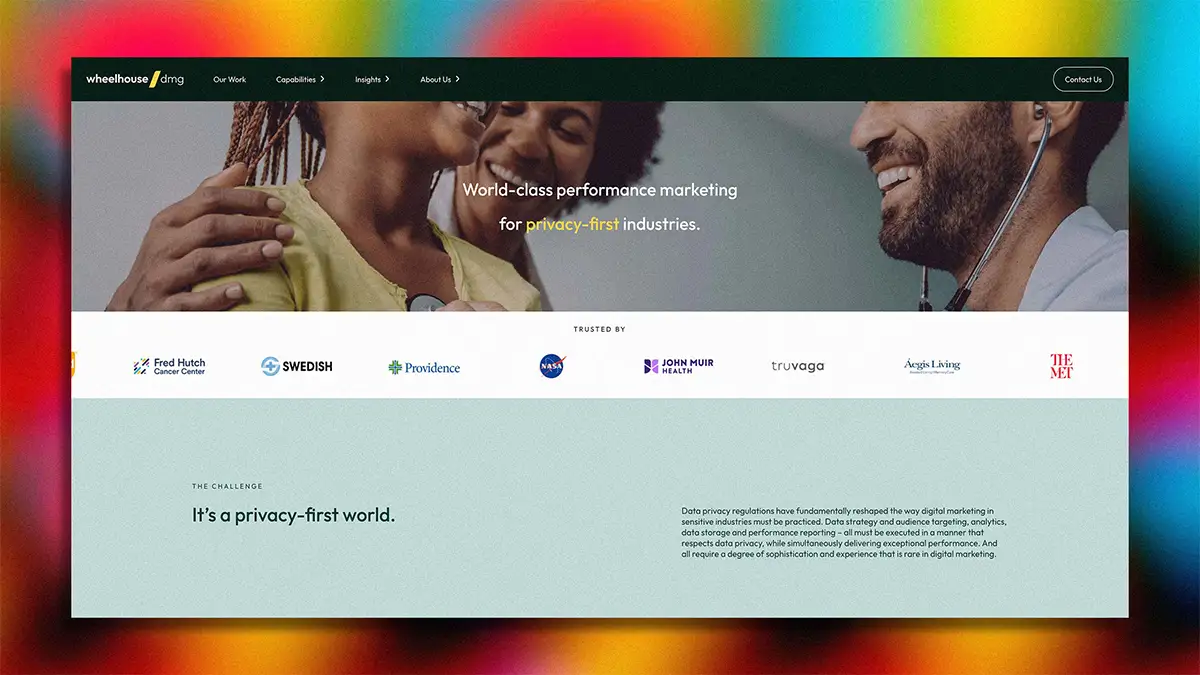
8. Paragon Inc.
Paragon Inc. excels in customer journey mapping for healthcare by guiding health systems through persona research, journey mapping workshops and future‑state roadmaps to close gaps and enhance customer journey healthcare.
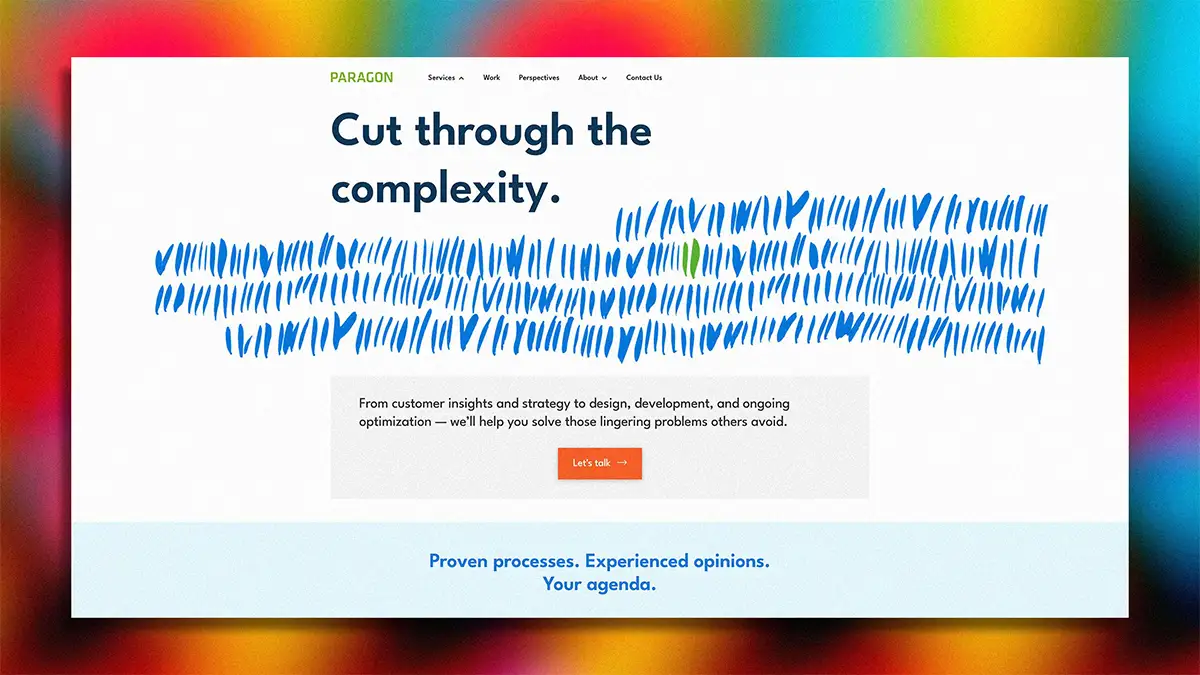
9. UpTop Health
UpTop Health delivers patient journey mapping healthcare expertise by merging UX research and engineering to reduce friction in healthcare customer journeys for payers and providers like Premera and Microsoft.
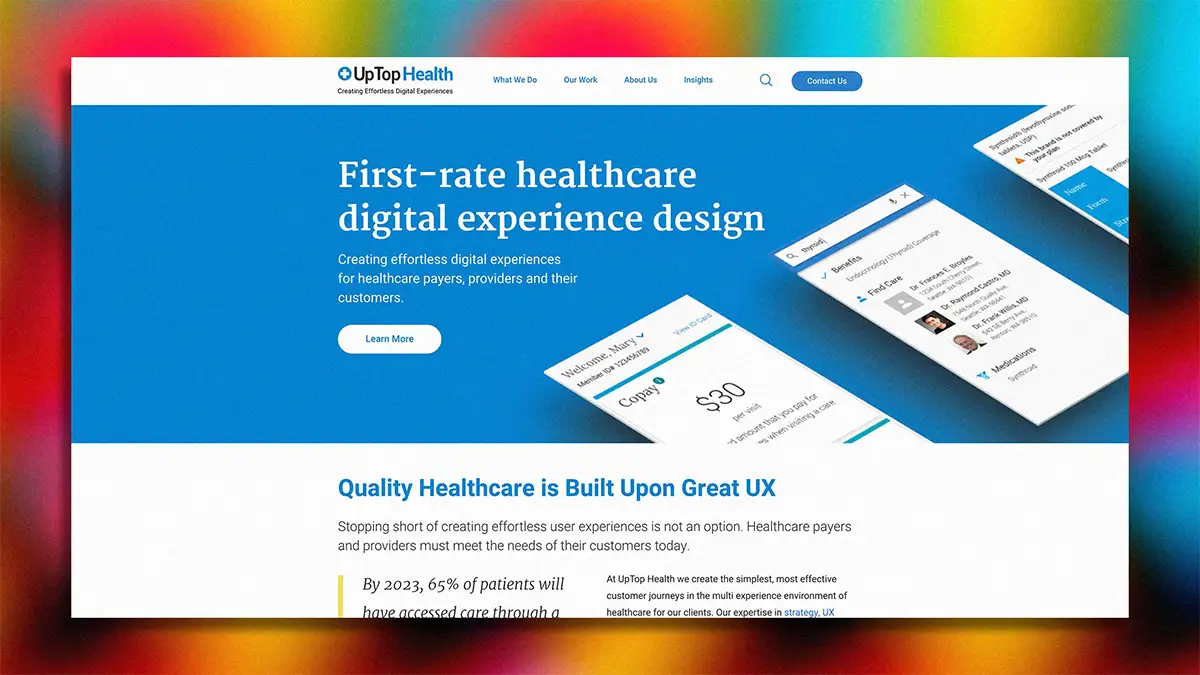
10. Cast & Hue
Cast & Hue offers customer journey map healthcare services that use empathy‑led workshops and authentic patient input—emphasizing the healthcare patient journey—to surface friction points and drive actionable improvements.
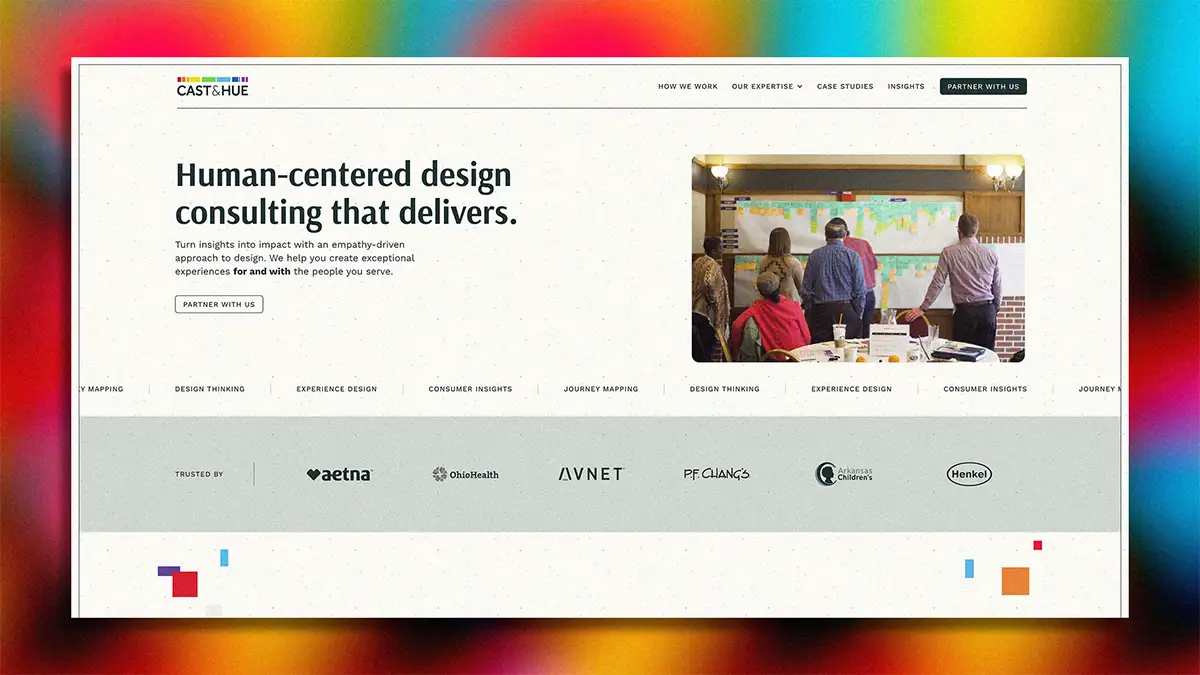
Let’s kickstart the conversation and design stuff people will love.

What Is Healthcare Experience Design?
Healthcare experience design is the strategic process of shaping every interaction a patient, caregiver, or provider has with a healthcare organization to improve satisfaction, outcomes, and operational efficiency. It involves aligning physical, digital, and emotional touchpoints across the continuum of care—from appointment scheduling and clinical encounters to follow-up communications and billing—in a way that reduces friction and builds trust. This discipline incorporates patient journey mapping, behavioral science, service design, and systems thinking to create cohesive, human-centered experiences that respond to patients’ expectations, needs, and emotions while meeting organizational goals.
How Does Healthcare Experience Design Work?
Healthcare experience design works by systematically capturing and analyzing the full spectrum of a patient’s journey through a healthcare system, identifying moments of friction or unmet need, and implementing targeted interventions that improve those experiences. This often begins with research-driven patient journey mapping, where personas, scenarios, and workflows are mapped to understand behavior and emotions at each stage of care. Insights are then translated into service blueprints, interface designs, process improvements, or communication strategies that align internal operations with patient expectations. Cross-functional collaboration—spanning clinical, operational, digital, and design teams—is essential to ensure that experience improvements are scalable, measurable, and sustainable.
What Is a Healthcare Experience Design Consultant?
A healthcare experience design consultant is a specialized advisor who helps healthcare organizations develop and implement strategies to enhance patient, caregiver, and staff experiences across all channels of care delivery. These consultants bring expertise in user research, journey mapping, service design, and healthcare operations, enabling them to uncover gaps in the patient journey and co-create solutions that improve satisfaction, efficiency, and outcomes. Their role often involves leading workshops, synthesizing stakeholder and patient insights, aligning cross-functional teams, and developing roadmaps that drive experience transformation while navigating the unique regulatory and operational constraints of the healthcare industry.
Healthcare experience design consultants bring a focused set of capabilities that allow organizations to better understand, design, and optimize every touchpoint within the patient and customer journey. As healthcare systems become increasingly complex—spanning digital platforms, in-person visits, and post-care engagement—mapping these journeys requires specialized skill in gathering insights, analyzing friction points, and designing interventions that are both empathetic and operationally viable.
In the following section, we’ll explore the core capabilities a healthcare experience design consultant offers, particularly as they relate to customer journey mapping for healthcare, patient journey in healthcare, and personalized healthcare patient journeys. These capabilities are essential for organizations seeking to improve care delivery, increase patient satisfaction, and align internal teams around a unified experience strategy.
What Services Do Healthcare Experience Design Consultants Provide?
Patient Journey Mapping
A healthcare experience design consultant supports clients by creating detailed visualizations of the patient journey across all stages of care—before, during, and after clinical interactions. This includes identifying critical touchpoints, patient needs, emotional drivers, and moments of friction throughout digital and physical experiences. Through workshops, interviews, and behavioral research, consultants uncover insights that help healthcare organizations align operations with patient expectations and create more connected, personalized healthcare patient journeys. The goal is to drive better outcomes and deliver more human-centered care by making the patient journey in healthcare more seamless, empathetic, and effective.
Service Blueprinting
Consultants translate the patient journey into actionable service blueprints that map frontstage and backstage processes, technologies, and teams required to deliver each experience. These blueprints help healthcare providers visualize how internal systems and workflows support—or inhibit—the delivery of care at each touchpoint. By clearly defining responsibilities, dependencies, and areas of friction, consultants enable organizations to streamline operations and align service delivery with desired patient experiences. Service blueprinting is especially valuable in identifying breakdowns between departments or systems that affect the overall healthcare customer journey.
Persona Development
A healthcare experience design consultant works with clients to develop detailed personas that represent key patient segments based on behavior patterns, health needs, demographics, and psychographics. These personas guide experience design decisions by making abstract patient data more tangible and relatable. Consultants use qualitative research, analytics, and clinician input to build accurate representations of real patient profiles, which help healthcare teams design solutions that meet specific needs. Persona development also ensures that journey mapping and service improvements are grounded in real-world contexts.
Experience Audits
Consultants conduct comprehensive audits of existing digital and in-person experiences to identify gaps in the healthcare customer journey. This includes evaluating user interfaces, communication flows, physical environments, and staff interactions from a patient-centered perspective. By assessing what patients encounter at each step of their journey, consultants provide clear recommendations for improvement grounded in usability, accessibility, and emotional resonance. Experience audits are often the starting point for larger experience transformation initiatives, offering organizations a baseline understanding of what needs to change.
Co-Creation Workshops
Healthcare experience design consultants facilitate structured co-creation sessions with cross-functional teams, patients, and caregivers to collaboratively generate solutions based on lived experiences and operational realities. These workshops foster alignment across departments and ensure that solutions are feasible, inclusive, and patient-driven. Co-creation also strengthens stakeholder buy-in, accelerates decision-making, and helps surface ideas that may not emerge in traditional top-down planning sessions. This collaborative approach is critical to reimagining the healthcare patient journey in a way that resonates with real users and reflects frontline challenges.
Digital Experience Design
Consultants help healthcare organizations plan, design, and optimize digital experiences that support and enhance the overall patient journey. This includes designing patient portals, mobile apps, telehealth platforms, and scheduling tools that are intuitive, accessible, and aligned with clinical workflows. By applying principles of human-centered design, consultants ensure that digital solutions meet the emotional and functional needs of patients while improving efficiency for providers. A well-designed digital experience plays a crucial role in bridging gaps between care moments and reinforcing trust throughout the healthcare customer journey.
Performance Measurement & Experience KPIs
A healthcare experience design consultant establishes frameworks to measure experience performance, integrating both qualitative feedback and quantitative data. This includes defining KPIs tied to patient satisfaction, journey completion, wait time reduction, and care outcomes. Consultants help clients set experience benchmarks and deploy tools to monitor how well redesigned journeys are performing in real time. This data-driven approach ensures that improvements are not only implemented but sustained, offering a clear return on investment for patient journey mapping and related initiatives.
How Long Does a Customer/Patient Journey Mapping Engagement Take to Complete?
The timeline of a healthcare experience design engagement can vary based on the scope, complexity, and organizational readiness of the client. However, most projects follow a structured process that includes discovery, research, journey mapping, co-creation, prototyping, and implementation planning—each with defined milestones and deliverables. Understanding the typical timelines involved helps healthcare leaders set realistic expectations and align internal resources effectively.
In this section, we’ll outline how long each phase of a healthcare experience design engagement generally takes, from initial assessment to final delivery. Whether the focus is on patient journey mapping, service redesign, or digital experience transformation, this overview provides clarity on the time investment required to achieve meaningful, lasting change.
Scope of the Engagement
The overall scope of the engagement is one of the most significant factors in determining timeline. A narrow focus—such as mapping the journey for a single patient segment or a specific service line—can often be completed in a few weeks. However, a broader engagement that includes multiple personas, touchpoints across the full continuum of care, or multiple geographic locations will require more time to gather inputs, validate findings, and synthesize outputs. Prospective clients should be prepared to align on the scope early in the process, as it directly shapes resourcing, research depth, and project pacing.
Access to Stakeholders and Patients
Timely access to key stakeholders, frontline staff, and patients is critical to completing a thorough patient journey mapping engagement. Delays in scheduling interviews, workshops, or approvals can extend timelines significantly. Consultants typically rely on these inputs to ensure the map reflects real behaviors and experiences, not assumptions. Clients should anticipate allocating time for coordination across departments and securing participation from clinical, administrative, and operational staff, as well as patients and caregivers.
Level of Organizational Readiness
An organization’s readiness to support the engagement can also impact duration. When internal teams are aligned, leadership is engaged, and data systems are accessible, the process moves more efficiently. Conversely, if roles are unclear, access to insights is limited, or internal silos exist, consultants may need to spend additional time gaining buy-in or gathering baseline information. Clients should expect to assess and, if needed, improve readiness at the outset to reduce avoidable delays.
Depth of Research Required
The level of research required to inform the journey map—such as the number of interviews, ethnographic studies, or surveys—also affects how long the engagement takes. For some healthcare organizations, existing data and previous experience design work can serve as a strong foundation. In other cases, the consultant may need to conduct original research from scratch, which extends both the discovery and synthesis phases. Clients should expect that deeper research typically leads to more actionable outcomes, but it also requires more time and coordination.
Number of Personas and Use Cases
Mapping multiple patient types, service interactions, or use cases adds complexity to the engagement. Each persona requires its own set of insights, journey mapping, validation, and experience design recommendations. Clients looking to cover diverse populations—such as chronic care patients, surgical patients, and family caregivers—should expect a longer project timeline to ensure each journey is accurately and thoroughly captured.
Availability of Internal Data
Access to relevant internal data—such as patient feedback, operational metrics, and digital analytics—can significantly streamline the journey mapping process. When this information is readily available, consultants can supplement qualitative findings and reduce the time spent collecting baseline insights. If the data is fragmented or unavailable, additional time may be required to fill gaps or validate assumptions through primary research. Clients should work to provide as much structured and unstructured data as possible at the project’s start.
Consultant Team Size and Project Model
The composition of the healthcare experience design consultant’s team and their project model—such as agile vs. waterfall—can influence the pace of delivery. Larger, more specialized teams may execute faster, particularly in parallel workstreams. Meanwhile, a leaner team or sequential model may take longer but offer deeper integration with internal teams. Clients should clarify expectations around pace, checkpoints, and collaboration style early in the engagement to ensure alignment on timing.
How Healthcare Experience Design Consultants Price Their Work
Pricing for a healthcare experience design engagement can vary widely based on the complexity, duration, and specific goals of the project. Whether the focus is on mapping a single patient journey or transforming an entire system’s customer experience, the investment reflects the level of research, strategy, and implementation planning required. Understanding the key factors that influence pricing helps healthcare leaders make informed decisions and budget effectively for high-impact initiatives.
In this section, we’ll break down the typical cost considerations when working with a healthcare experience design consultant—including scope, deliverables, team structure, and engagement length—to give prospective clients a clearer view of what to expect financially and how to assess the value of the investment.
Scope and Complexity of Work
The breadth and complexity of the engagement are primary drivers of pricing. A focused initiative—such as mapping the healthcare customer journey for a single outpatient service—typically costs less than a full-scale transformation spanning multiple service lines, regions, and patient segments. The more touchpoints, personas, and channels that must be analyzed and improved, the more resources are required. Consultants often structure pricing to reflect the intensity of research, number of deliverables, and degree of organizational change needed to meet the engagement’s goals.
Project Duration
The timeline of the engagement plays a key role in determining cost. Short-term projects may be priced as flat-rate packages, while multi-month or phased initiatives often involve retainer-based or milestone billing. Longer timelines require ongoing resourcing and coordination, which is reflected in the fee structure. Healthcare organizations should expect consultants to price engagements based on the estimated time commitment across discovery, journey mapping, co-creation, and final delivery.
Size and Seniority of Consultant Team
The size and expertise level of the consultant team assigned to the engagement influence the pricing model. Projects led by senior strategists, behavioral researchers, and healthcare-specific designers command higher fees than engagements handled by generalist teams or junior consultants. Clients should consider whether the engagement warrants specialized expertise in patient journey mapping healthcare, and whether that premium translates into greater value and impact.
Level of Research and Insight Gathering
Pricing is also influenced by how much original research is required to inform the patient journey in healthcare. Conducting in-depth interviews, stakeholder workshops, shadowing sessions, and ethnographic fieldwork adds significant time and cost to a project. Some healthcare organizations may already have patient data and insights that can be leveraged, reducing the need for extensive primary research. Others may need the consultant to conduct all data gathering, which increases both the scope and cost of the engagement.
Deliverables and Implementation Support
The number and depth of deliverables—such as journey maps, service blueprints, personas, and transformation roadmaps—affect pricing. More comprehensive deliverables require greater effort in synthesis, visualization, and validation. In addition, if implementation support is included—such as staff training, pilot testing, or digital design prototyping—consultants typically charge higher fees to cover the added execution responsibility. Clients should clarify early whether they require only strategy and design, or support through the activation phase as well.
Travel and On-Site Work
If the engagement involves in-person research, stakeholder workshops, or patient observation across multiple sites, consultants will include travel time and related expenses in the pricing. While many engagements can be conducted virtually, certain types of experience design work—especially in clinical environments—benefit from direct immersion. Clients should anticipate these logistical costs if on-site collaboration or fieldwork is part of the engagement plan.
Why Hire a Healthcare Experience Design Consultant

Partnering with a healthcare experience design firm provides healthcare organizations with the specialized expertise needed to improve patient journeys, align internal operations, and deliver more human-centered care. As the demands on providers and systems continue to grow—from digital transformation to rising patient expectations—designing better experiences is no longer optional; it’s a strategic imperative.
In this section, we’ll explore the core reasons why working with a healthcare experience design firm can lead to more effective customer journey mapping for healthcare, stronger cross-functional alignment, and measurable improvements in satisfaction, loyalty, and outcomes.
Specialized Expertise in Patient Journey Mapping
Healthcare experience design firms bring deep knowledge of patient journey mapping in healthcare, allowing organizations to uncover gaps, streamline processes, and deliver more personalized care. Their expertise spans behavioral research, service design, and healthcare systems, enabling them to visualize and improve the full patient journey—from appointment scheduling to post-discharge follow-up. This level of specialization is difficult to replicate internally, especially in complex healthcare environments with multiple patient touchpoints and siloed departments. Consultants help translate fragmented experiences into cohesive, measurable strategies that enhance both patient satisfaction and operational efficiency.
Objective, Patient-Centered Perspective
External consultants offer an unbiased, patient-first lens that helps organizations see their services as users do—not just through internal assumptions. By facilitating customer journey mapping for healthcare from the outside in, consultants challenge ingrained habits and expose blind spots that internal teams may overlook. Their neutral position enables honest feedback collection, uncovers hidden friction points, and prioritizes what truly matters to patients. This external objectivity ensures that design decisions are grounded in real needs, not legacy systems or internal politics.
Acceleration of Strategy and Execution
Healthcare organizations often face delays due to internal bandwidth limitations, competing priorities, or lack of cross-departmental coordination. A healthcare experience design consultant helps accelerate transformation by bringing a proven process, dedicated resources, and facilitation skills that keep the project moving. Their experience working across diverse healthcare systems allows them to anticipate challenges, shorten learning curves, and deliver faster results. This acceleration is particularly valuable when aligning teams around a new vision, redesigning patient flows, or launching new digital platforms.
Cross-Functional Alignment and Facilitation
Consultants play a critical role in aligning clinical, operational, and digital stakeholders around a shared understanding of the healthcare customer journey. Through workshops, research presentations, and co-design sessions, they break down silos and foster collaboration across functions. This alignment is essential to creating patient journey maps that are both aspirational and executable. By guiding teams through structured conversations and evidence-based planning, consultants help healthcare organizations design experiences that are consistent, scalable, and supported across the enterprise.
Access to Proven Tools and Methodologies
Healthcare experience design consultants bring with them tested frameworks, design methods, and research tools that reduce guesswork and increase confidence in decisions. From journey mapping templates and persona frameworks to service blueprinting and prototyping tools, their approach is grounded in years of applied experience. These methodologies enable more efficient insight gathering, clearer communication of experience strategy, and more effective implementation planning. For organizations without in-house design capabilities, this access to proven tools can make a critical difference in the success of patient experience initiatives.
Focus on Measurable Outcomes
Consultants don’t just map experiences—they also define success metrics tied to patient satisfaction, clinical outcomes, operational efficiency, and digital adoption. Their approach to healthcare patient journey mapping includes the integration of qualitative and quantitative data to ensure strategies are measurable and outcomes are trackable. This focus on performance ensures that investments in experience design translate into lasting value. Healthcare leaders benefit from clear KPIs and dashboards that demonstrate impact over time, helping to justify continued investment and improvement.
How to Choose The Most Reliable Healthcare Experience Design Consultant
Selecting the right healthcare experience design consultant is a critical decision that can directly influence the success of your patient experience strategy. With growing pressure to deliver seamless, personalized care across both digital and in-person touchpoints, healthcare organizations need partners who not only understand the nuances of clinical environments but also bring proven expertise in customer journey mapping for healthcare and patient-centered design.
In this section, we’ll cover the key considerations to keep in mind when evaluating healthcare experience design consultants—ranging from their industry experience and research capabilities to their ability to deliver measurable outcomes and cross-functional alignment.
Experience with Similar Healthcare Organizations
When selecting a healthcare experience design consultant, it’s important to evaluate their track record working with organizations that mirror your size, complexity, and patient population. A consultant who has delivered customer journey mapping for healthcare systems, payers, or specialty clinics similar to yours is more likely to understand your operational constraints, regulatory requirements, and user expectations. This familiarity allows them to move quickly, anticipate challenges, and propose practical solutions that fit within your environment—rather than offering generalized approaches that may not be applicable.
Proven Expertise in Patient Journey Mapping
Deep experience in patient journey mapping healthcare is essential for any consultant under consideration. This includes the ability to conduct primary research, synthesize findings, and visualize the entire healthcare customer journey in a way that drives alignment and action. Look for demonstrated capabilities in building end-to-end maps, identifying key pain points, and designing interventions that address real patient needs. A consultant’s past journey mapping projects—along with sample artifacts and outcomes—can serve as strong indicators of their ability to deliver results tailored to your goals.
Human-Centered Research Methods
A healthcare experience design consultant should be well-versed in qualitative research techniques that capture the lived experiences of patients, caregivers, and frontline staff. This includes contextual inquiry, shadowing, stakeholder interviews, and co-creation workshops that bring real-world insights into the mapping process. Effective customer journey mapping in healthcare depends on deeply understanding what users think, feel, and do across each stage of care—not just relying on operational metrics. Consultants who prioritize human-centered research create more accurate and emotionally resonant journey maps.
Ability to Align Cross-Functional Stakeholders
Healthcare organizations are inherently complex, with operations spanning clinical, administrative, IT, and support teams. A strong consultant brings the facilitation skills and experience needed to align stakeholders across departments and build consensus around shared experience goals. Look for someone who can bridge communication gaps, guide teams through structured co-design sessions, and ensure that every group involved in delivering the healthcare patient journey is part of the solution. Cross-functional alignment is key to creating journey maps that are not only insightful but also actionable.
Clarity of Process and Deliverables
Transparency around the consultant’s methodology, timelines, and outputs is crucial when choosing the right partner. The best healthcare experience design consultants clearly outline each phase of the engagement—from discovery and research to synthesis and strategy—and provide concrete deliverables such as journey maps, service blueprints, personas, and implementation plans. This clarity helps internal teams manage expectations, allocate resources appropriately, and ensure the engagement delivers long-term value beyond a single deliverable.
Ability to Deliver Measurable Outcomes
In selecting a consultant, look for an emphasis on performance and outcomes—not just design work. Leading consultants connect experience design to measurable improvements in patient satisfaction, care coordination, digital engagement, or operational efficiency. They should be able to define clear success metrics, build feedback loops, and set up dashboards or reporting structures that track the effectiveness of changes informed by the journey mapping process. This results-driven focus helps justify the investment and reinforces experience design as a strategic priority.
15 Questions To Ask Healthcare Experience Design Consultants Before You Hire One

Before hiring a healthcare experience design firm, decision-makers often have critical questions about the consultant’s background, approach, and ability to deliver meaningful results. Given the complexity of healthcare systems and the importance of improving patient experiences, it’s essential to fully understand what a consultant offers—and how well they align with your organization’s specific needs.
In this section, we’ll explore some of the most important questions prospective clients should ask when evaluating a healthcare experience design consultant. These questions can help clarify capabilities, ensure alignment, and set the foundation for a successful engagement focused on personalized healthcare patient journeys and measurable improvements across the customer journey in healthcare.
Here are 15 questions a prospective client might ask before hiring a healthcare experience design consultant:
- What experience do you have working with healthcare organizations similar to ours?
- Can you share examples of patient journey mapping healthcare projects you have completed?
- How do you approach customer journey mapping in healthcare to ensure it reflects real patient needs?
- What research methods do you use to gather insights from patients, caregivers, and staff?
- How do you incorporate clinical and operational constraints into your experience design recommendations?
- What is your process for aligning cross-functional stakeholders during an engagement?
- How long does a typical healthcare patient journey mapping project take from start to finish?
- What types of deliverables should we expect from a healthcare experience design engagement?
- How do you measure the success and impact of your patient journey mapping and design work?
- Can you support implementation or pilot testing after the journey mapping phase?
- How do you ensure patient privacy and data security during research activities?
- What sets your approach apart from other healthcare experience design consultants?
- How do you handle challenges or resistance from internal teams during the project?
- What is your pricing model, and how do you structure fees for healthcare experience design projects?
- Can you provide references or case studies from previous healthcare clients?
What Experience Do You Have Working With Healthcare Organizations Similar to Ours?
Understanding a consultant’s experience with healthcare organizations that resemble your own in size, specialty, or patient population is crucial. This ensures they are familiar with the unique challenges and regulatory environments your organization faces. Experience with similar clients often translates into faster onboarding, more relevant insights, and practical solutions tailored to your specific healthcare context. It also indicates the consultant’s ability to navigate industry-specific workflows and stakeholder dynamics.
Can You Share Examples of Patient Journey Mapping Healthcare Projects You Have Completed?
Requesting concrete examples of past patient journey mapping projects helps you evaluate the consultant’s practical skills and outcomes. Reviewing previous work reveals their approach to mapping, storytelling, and solution design. It also provides insight into their ability to translate complex healthcare experiences into actionable strategies. Examples demonstrate how the consultant manages scope, integrates data, and addresses diverse patient needs, helping you assess fit and expertise.
How Do You Approach Customer Journey Mapping in Healthcare to Ensure It Reflects Real Patient Needs?
A consultant’s methodology for journey mapping directly affects the accuracy and usefulness of the final deliverable. Asking about their approach ensures they prioritize patient-centered research, capturing authentic behaviors and emotions rather than relying on assumptions. This question uncovers their use of qualitative and quantitative data, stakeholder involvement, and validation processes that root the journey map in real-world patient experiences, increasing the chances of meaningful improvements.
What Research Methods Do You Use to Gather Insights From Patients, Caregivers, and Staff?
Diverse research methods—such as interviews, ethnography, surveys, and workshops—are essential to gather comprehensive insights. This question clarifies how the consultant collects data from multiple perspectives, ensuring the patient journey mapping accounts for both clinical and operational realities. Understanding their research toolkit also helps assess the depth of insight you can expect and whether their methods align with your organization’s culture and resources.
How Do You Incorporate Clinical and Operational Constraints Into Your Experience Design Recommendations?
Healthcare systems operate within strict clinical protocols and operational limitations that must be considered in any design solution. This question ensures the consultant designs feasible and sustainable improvements that respect safety standards, staffing realities, and technology capabilities. It highlights their ability to balance patient experience goals with pragmatic organizational constraints, reducing risk and increasing the likelihood of successful adoption.
What Is Your Process for Aligning Cross-Functional Stakeholders During an Engagement?
Healthcare delivery involves multiple departments and disciplines that often have competing priorities. A consultant’s ability to facilitate collaboration and alignment across these groups is critical to delivering actionable journey maps and successful implementations. This question helps gauge their skills in stakeholder engagement, communication, and workshop facilitation, all of which contribute to breaking down silos and fostering a shared vision for experience improvements.
How Long Does a Typical Healthcare Patient Journey Mapping Project Take From Start to Finish?
Knowing the expected timeline helps your organization plan resources, set expectations, and coordinate internal participation. This question uncovers whether the consultant’s process is adaptable to your needs and how they manage milestones and deliverables. It also reveals their capacity to balance thoroughness with efficiency, ensuring timely insights without compromising quality.
What Types of Deliverables Should We Expect From a Healthcare Experience Design Engagement?
Understanding the specific outputs—such as journey maps, personas, service blueprints, or implementation roadmaps—allows you to assess whether the consultant’s deliverables meet your needs. Clear deliverables provide tangible tools for your teams to reference and act upon. This question ensures you receive practical, well-structured artifacts that support decision-making and ongoing experience management.
How Do You Measure the Success and Impact of Your Patient Journey Mapping and Design Work?
Measuring outcomes is essential to justify investment and guide continuous improvement. This question probes whether the consultant integrates key performance indicators (KPIs), patient feedback loops, or operational metrics into their work. It also indicates their commitment to delivering results that translate into improved patient satisfaction, clinical outcomes, or efficiency, rather than just producing static documents.
Can You Support Implementation or Pilot Testing After the Journey Mapping Phase?
Journey mapping is only valuable if insights lead to real-world improvements. This question explores whether the consultant offers post-mapping services such as piloting interventions, training staff, or monitoring outcomes. Their involvement beyond design ensures a smoother transition from strategy to execution, increasing the likelihood of sustainable change and measurable impact.
How Do You Ensure Patient Privacy and Data Security During Research Activities?
Protecting sensitive patient information is a fundamental responsibility in healthcare projects. This question confirms that the consultant follows HIPAA compliance and other relevant regulations, employs secure data handling practices, and maintains confidentiality throughout research. Ensuring privacy safeguards builds trust and mitigates legal and ethical risks associated with patient journey mapping.
What Sets Your Approach Apart From Other Healthcare Experience Design Consultants?
This question encourages the consultant to articulate their unique value proposition—whether it’s proprietary methodologies, specialized healthcare expertise, innovative tools, or a distinctive client collaboration model. Understanding what differentiates them helps you identify a partner who aligns with your organizational culture and strategic priorities.
How Do You Handle Challenges or Resistance From Internal Teams During the Project?
Resistance to change is common in healthcare environments. Asking this question reveals the consultant’s strategies for managing organizational dynamics, addressing skepticism, and fostering buy-in. Effective consultants use communication, education, and facilitation techniques to overcome barriers, ensuring the engagement progresses smoothly and delivers meaningful outcomes.
What Is Your Pricing Model, and How Do You Structure Fees for Healthcare Experience Design Projects?
Budget transparency is essential for planning and evaluation. This question clarifies whether pricing is based on fixed fees, hourly rates, retainer agreements, or milestone billing. It also helps uncover what’s included—such as research, workshops, deliverables, or implementation support—allowing you to compare offers accurately and avoid hidden costs.
Can You Provide References or Case Studies From Previous Healthcare Clients?
References and case studies offer independent validation of the consultant’s capabilities and results. They provide real-world examples of how the consultant has addressed similar challenges and the impact they’ve delivered. This question helps build confidence in your choice and ensures you select a partner with a proven track record in healthcare experience design.
Searching for the right Healthcare Experience Design Consultant?
Hiring a healthcare experience design consultant offers significant advantages in today’s complex healthcare landscape. These specialists bring the expertise needed to deeply understand patient and customer journeys, identify critical pain points, and design solutions that improve satisfaction, outcomes, and operational efficiency. Their ability to align cross-functional teams, apply human-centered research methods, and focus on measurable results accelerates transformation efforts while reducing risk. Engaging a consultant ensures organizations can deliver personalized, seamless healthcare experiences that meet rising patient expectations and support long-term strategic goals.
G & Co. stands out as a leading healthcare experience design firm by combining deep expertise in patient journey mapping healthcare with a collaborative, data-driven approach. Leveraging advanced research techniques and cross-disciplinary teams, G & Co. creates personalized healthcare patient journeys that are actionable and measurable. Their proven track record in aligning stakeholders and integrating clinical and operational realities ensures that journey maps translate into practical improvements. For organizations seeking a trusted partner to guide healthcare customer journey transformation, G & Co. offers the strategic insight and execution excellence that the best healthcare experience design consultants provide.
Submit an inquiry to G & Co. on our contact page or click on the blue "Click to Contact Us" button on the bottom right corner of your screen for your convenience. We look forward to hearing from you.






%20(1).png)


